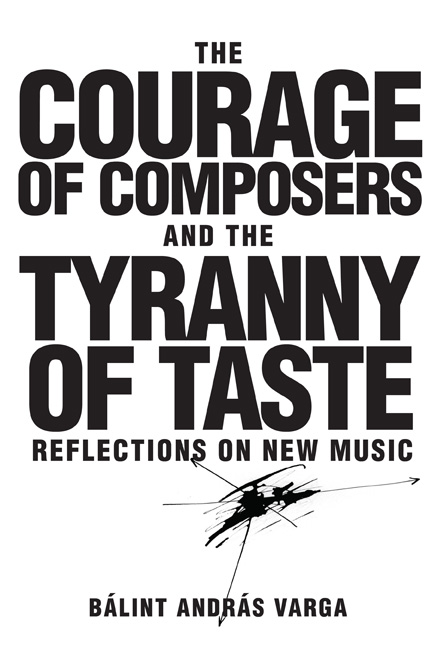26 - Karl Aage Rasmussen (b. 1947)
Published online by Cambridge University Press: 22 May 2021
Summary
Rasmussen is a musician of many parts: in addition to his work as a composer, he has also written books on Robert Schumann, Glenn Gould, and Sviatoslav Richter. He has acted as a sort of music ambassador for Denmark, lecturing internationally on Carl Nielsen and other subjects, and has also taught composition. (I have read his Richter biography and was impressed: it is a fastidiously researched book, drawing in part on Rasmussen's interviews with people who knew the pianist, unearthing previously inaccessible material. Also, it is eminently readable.)
Rasmussen is a restless, searching spirit who has completed Schubert's unfinished opera Sakuntala and has prepared a performing version of it; he has reconstructed what he believes to be Schubert's unfinished “Gastein” symphony as well as an orchestral version of the melodrama Der Taucher.
His sizable oeuvre covers most genres, including arrangements ranging from Nielsen to Stravinsky and Satie.
Rasmussen's experiences as a student of composition, which he describes in his contribution to this book, gave me the idea of adding the “tyranny of taste” to the initial subject, “the courage of composers.”
I.
April 2015
The concept of courage in the creation of art makes sense only in a society where certain artistic expressions may result in harm or injury, be it mental or physical, from the power apparatus. Used about the process of creating art in a modern, western society it is a category error. To claim that the elite modernist Stockhausen needed more courage to write his music than the popular Britten to write his—or the other way around—is senseless. Whereas it certainly demanded courage from Shostakovich to write his From Jewish Folk Poetry in the autumn of 1948, at a time when Jews were jailed and killed in Stalin's Soviet Union. The work was first performed publicly only two years after Stalin's death.
Cage claimed to have “no ear for music,” he tossed coins and considered any sound to be music. It was this seemingly effortless attitude combined with his status as a world-famous celebrity that made many of his colleagues vengeful.
- Type
- Chapter
- Information
- The Courage of Composers and the Tyranny of TasteReflections on New Music, pp. 161 - 167Publisher: Boydell & BrewerPrint publication year: 2017



